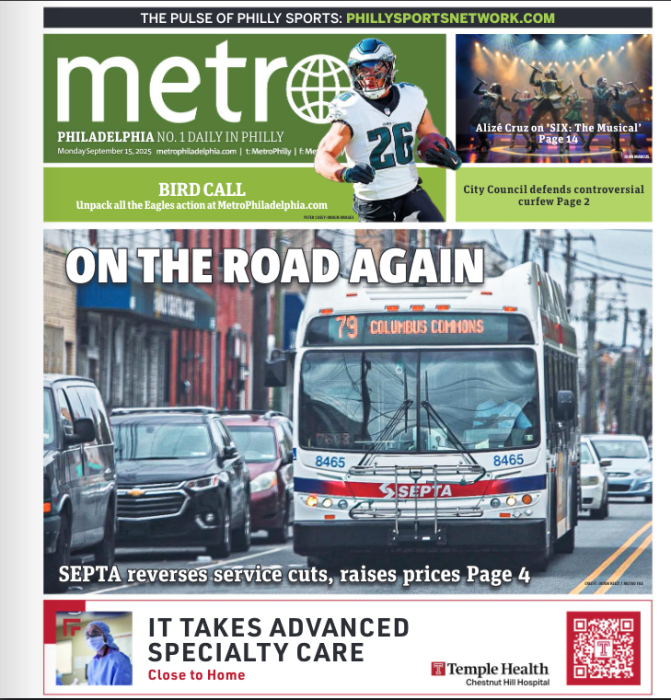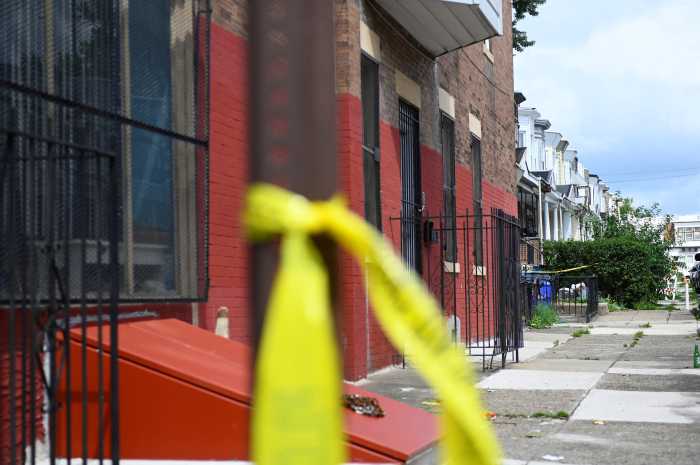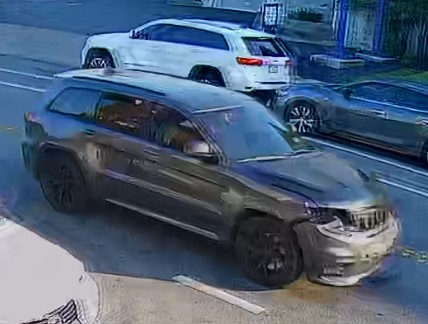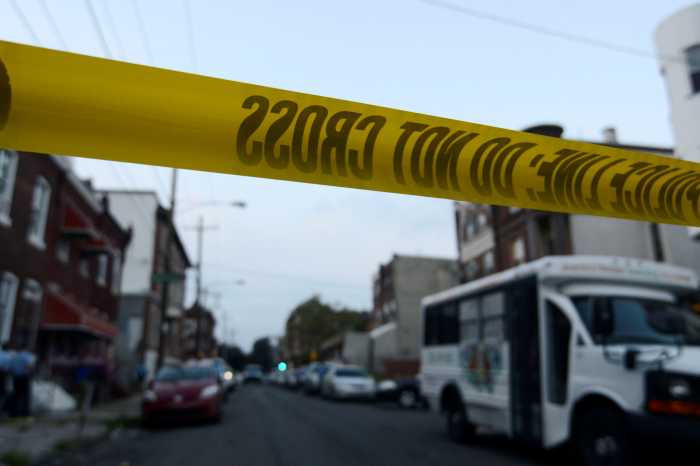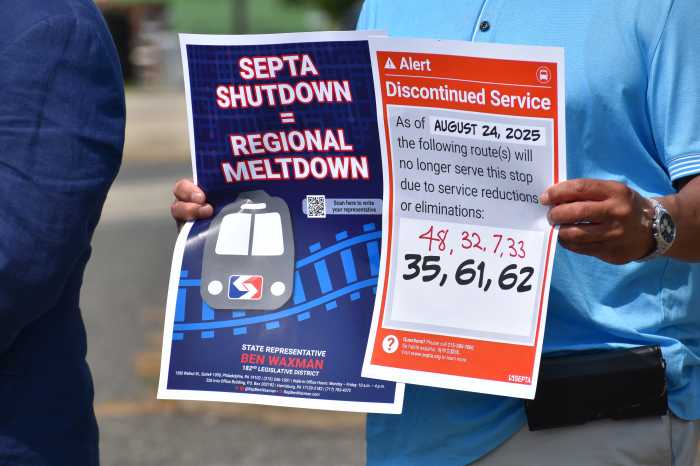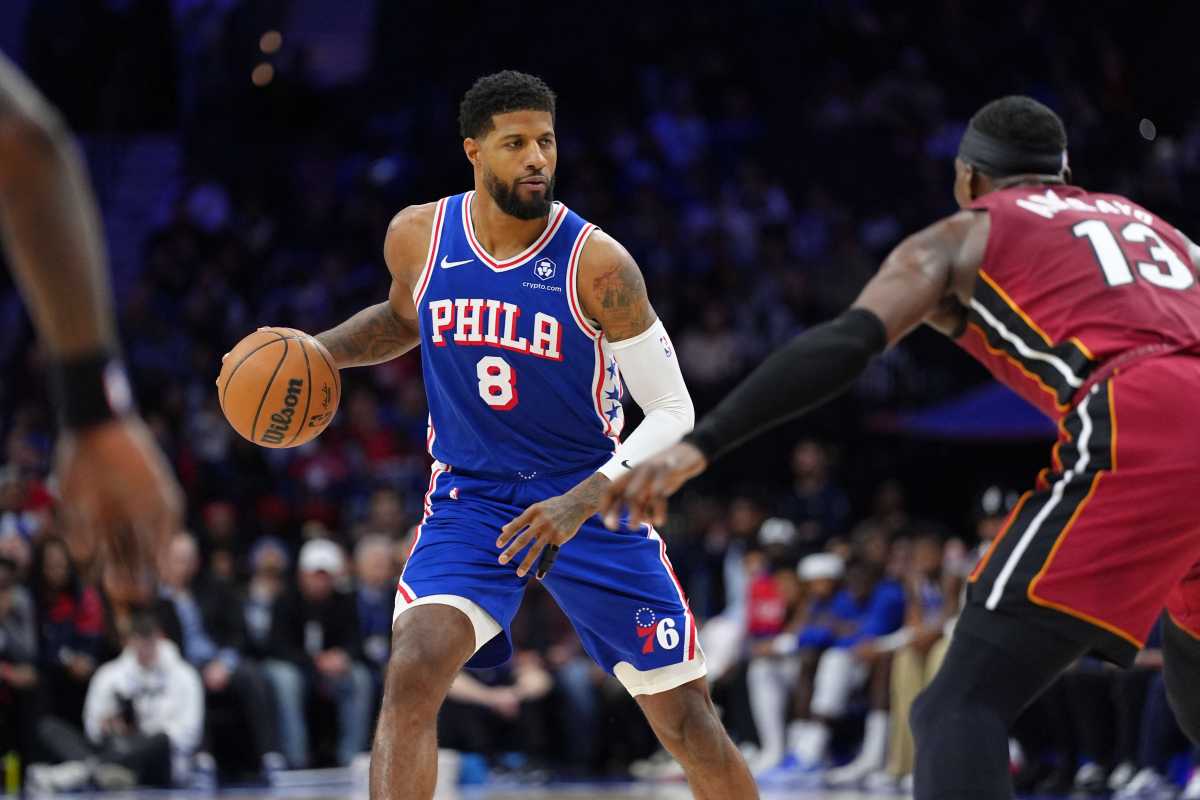 Rikard Larma/Metro
Rikard Larma/Metro
Philadelphians are ready to sit at the table. They’re ready for a mature, intelligent discussion about racial tensions and generational divides. Just ask them.
People of all race, creed and color feel the views shared in a piece in the March issue of Philadelphia Magazine titled, “Being white in Philly,” only addressed one biased point of view: that of a white man’s fear of a predominantly black city.
On Saturday, Mayor Michael Nutter called the comments in the story “disgusting and stainful.”
In Center City Monday, nearly two weeks since the story went viral, people took a breath. The talk shifted from outrage and anger and moved toward dissecting the problem. Whether it’s white-on-black racism or black-on-white is irrelevant. The goal is the same: to peacefully coexist.
Gedion Fikire, 27, is a young black man who works in finance. He moved to the city from Washington D.C. five years ago to attend Temple University.
“I think it’s improving,” Fikire said of racial issues. “I think it’s a natural process as the country becomes more of a melting pot. It’s never going to be 100 percent just like any other major city with a diverse population.”
He said Philly’s diversity is strength, if properly cultivated. “You’re going to have some outliers. There will be some incidents. Any major city in the U.S. I’m sure there is some type of racial tension, but it can improve if you try.”
Lloyd Getz owned a furniture store for 42 years in South Jersey, but he now lives in the city. He’s white and is a volunteer at a local school’s after-hours program, tutoring primarily black students in reading. He said the entire city needs a change in attitude.
“My parent’s came over here when they were 18, 19 years old from Russia,” he said.
“They had a different attitude about education and work than the people raised here. And they instilled that in their kids. … Nothing is too hard, nothing is too much work.”
William Cannon, a 77-year-old black man from West Philly, said he’s seen racism at its worst. He’s also seen great improvement.
“It’s hard,” he said. “You can only do a little at a time.”
Nutter speaks out
Mayor Michael Nutter called Philadelphia Magazine’s “Being White in Philly,” piece ”disgusting and stainful.”
Speaking at the 27th Annual Madam CJ. Walker Awards Luncheon, a National Coalition of Black Women event on Saturday, Nutter challenged the story’s author, Robert Huber, “to come to this event and see some positive folks doing some positive things in this city.”
“Taking care of their business, taking care for their families,” Nutter continued. “Employed. Educated. You might want to learn the rest about this great city and its diversity. And so l think everyone should be offended that someone would have the audacity to let out of their mind and into print, such disgusting, ignorant comments.”
A ‘polarizing’ effect
“Being White in Philly” has a polarizing effect on race, says national race relations expert Chad Dion Lassiter.
But if anything, he said, the West Chester and Pennsylvania universities professor uses it as a teaching tool in his classes.
“It’s more of a teachable moment to have a honest and frank conversation about race,” Lassiter said. “What we should be calling for in the city of Philadelphia is dialogue.”
There are four main areas Lassiter thinks conversation should focus on. They are:
– White supremacy
– White privilege
– Institutional racism
– Black victimization
“It starts every day in our interactions to be more tolerant,” Lassiter said.
Philadelphia Magazine published the article to “illicit reactionary responses,” he said. “We must be more proactive.”
Man on the Street
Miranda Meketon, 17, Mt. Airy
Meketon said she has black friends who are called “fake black” when walking the streets of Kensington for being well-spoken and polite.
“It’s a shame,” she said. “I hope I’m the next generation. … I hope we can force change.”
Ivan Ortiz, 46
Ortiz, who lives in a half-way house, said from his experience. racism is passed down from generation to generation. “That’s stuff is hard-drilled into the bloodline,” he said.
Gedion Fikire
He was upset no African Americans were interviewed for the Philly Mag story.
“If he’s basing it on that it’s automatically it’s not significant,” he said. “If you’re going to do any kind of poll you can’t just go to one side.”
Lloyd Getz
He said Philly isn’t a safe environment. And with escalating violence, “People start choosing sides,” he said, which leads to racial divide.
William Cannon
Cannon said the kids need to be taught to work together and can grow up respecting each other.
“People don’t get educated overnight,” he said.
